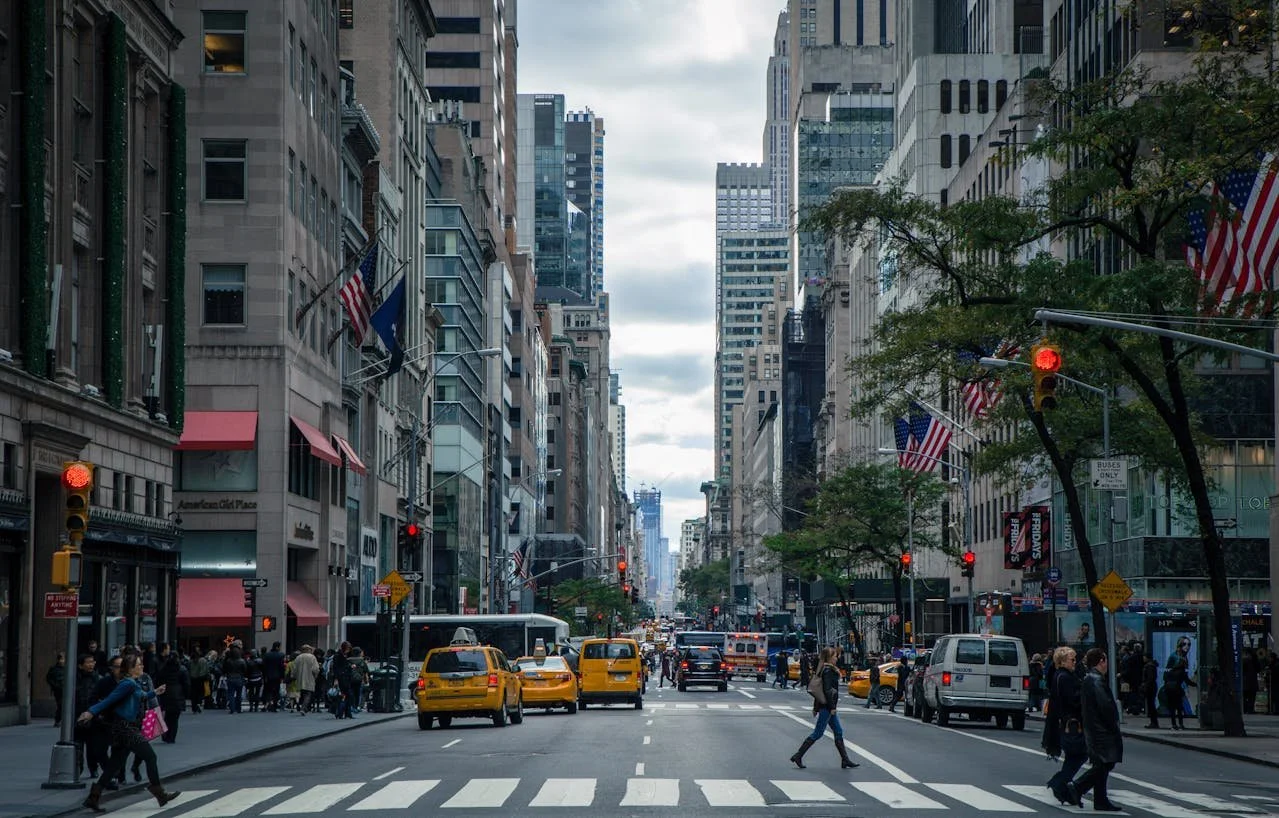To implement or not? How noise cameras are sparking debate
by Halimat Olunlade, Social Media Manager
Photo credit: Nout Gons
Amidst growing complaints about traffic noise, officials in Newport, Rhode Island face a challenge: fines for noise violations have sparked debate over the implementation of noise cameras, pitting neighbors against each other. Traffic cameras aren’t new, but noise cameras — which measure sound and capture snapshots of violators’ license plates — have only been in rotation for a few years, imported from more eco- and community-conscious cities in Europe.
These cameras are a new solution for many cities trying to curb vehicle noise, from engine revving and horn honking to illegally-modified mufflers and blaring stereos. In Newport, noise ordinances set the decibel limit at 83 dB, with $250 fines for violators. The 83 dB number comes from federal regulations for motorcycle exhaust noise.
Noise has auditory and non-auditory health effects. Research since then has shown that chronic exposure to noise at or above this level can contribute to a range of physical and mental health issues, including sleep disruption, impaired communication, elevated stress and increased risk of cardiovascular and cognitive disease.
Police, public officials, and many residents support the cameras, touting them as a necessary response to rising noise complaints despite concerns about their invasiveness. Residents describe hearing what sounds like a racetrack in the middle of June, when they should be enjoying the sounds of summer. Many argue that while they dislike the idea of overpolicing their neighbors, they’re fed up with the noise.
Some, however, refuse to pay the fines and view the cameras as an invasion of privacy or evidence of a growing surveillance state. They claim the program is a money grab by greedy officials. Interestingly, they rarely acknowledge the damage their noise inflicts on the community. Outdoor noise, especially chronic or excessive, can have serious consequences for mental and physical wellbeing, not to mention its impact on surrounding wildlife.
Cities around the country are implementing noise cameras: Knoxville, Tennessee; Albuquerque, New Mexico; Oahu, Hawaii; Philadelphia, Pennsylvania; and Providence, Rhode Island. Of all of these, New York City remains one of the loudest. In response, the city now operates ten noise cameras through a partnership with U.K.-based Intelligent Instruments, more than any other American city. Since 2021, the city has issued over 2,500 tickets. Rohit Aggarwala, commissioner of New York City’s Department of Environmental Protection, hopes to expand the program into a more comprehensive initiative with widespread enforcement.
Officials like Aggarwala argue that these ordinances should be followed to the letter. But for drivers of inherently noisy cars like Lamborghinis, there’s no easy fix. Even responsible drivers with unmodified mufflers can face fines if their vintage cars sudden brake and release an unexpected burst of sound. Critics of noise camera implementation argue that these cameras aren’t just invasive but poorly marked, with no signage warning drivers of their presence.
Cities like Newport may be taking bold steps toward quieter, healthier neighborhoods, but the road to widespread implementation is far from smooth. With pushback from critics, officials must navigate competing interests with care. Listening to all sides is essential, but amid the noise, one truth rings out: the call for quiet is growing louder.

